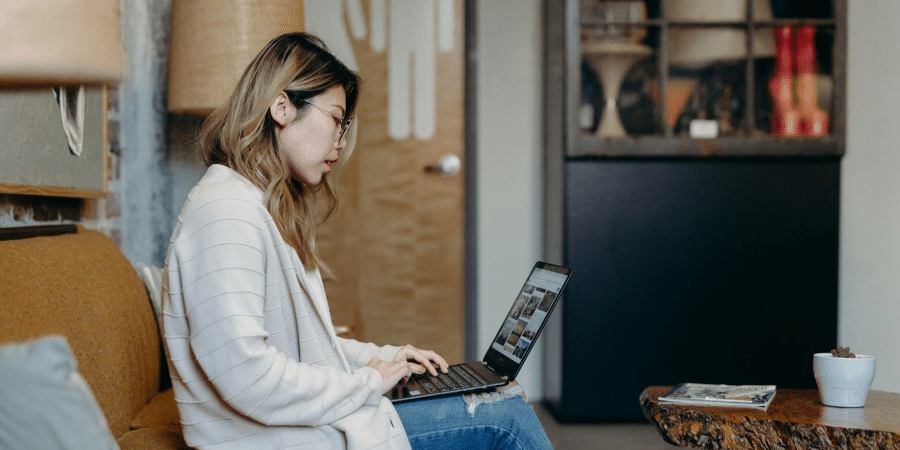Scrolling Through Life: Why You Need a Screen Time Intervention

We live in a world bathed in the glow of screens. Phones, tablets, laptops – they’re practically extensions of ourselves. But let’s be honest, constant screen time can feel less like a portal to knowledge and more like a rabbit hole of distraction.
A 2021 report by the Kaiser Family Foundation revealed that “American adults now spend an average of 12 hours per day consuming digital media.” That’s a significant chunk of our lives spent staring at screens, and it’s taking a toll on our well-being. Here’s why regulating your screen time is a must for a happier, healthier you.
Beyond Blue Light: The Downside of Excessive Screen Time
Sure, screens offer endless entertainment and information at our fingertips. But there’s a dark side to this constant digital connection. Excessive screen time has been linked to a variety of negative health consequences. A 2022 study published in Nature Reviews Neuroscience found that “excessive screen time can disrupt sleep patterns, contribute to anxiety and depression, and even hinder cognitive development in children.”
Let’s talk about sleep. The blue light emitted by screens disrupts the production of melatonin, a hormone that regulates sleep. This can lead to difficulty falling asleep, restless nights, and daytime fatigue. Feeling tired and sluggish makes it harder to focus, be productive, and enjoy life to the fullest.
Excessive screen time can also negatively impact your mental health. Social media feeds curated with highlight reels of other people’s lives can fuel feelings of inadequacy and social comparison. The constant barrage of notifications and information overload can also contribute to anxiety and stress.
But it’s not just about mental health. Studies suggest a link between excessive screen time and physical health problems. A sedentary lifestyle glued to screens can lead to weight gain, muscle weakness, and even an increased risk of chronic diseases like diabetes and heart disease.
Reclaim Your Time: Strategies for a Healthier Screen Diet
So, how do we break free from the clutches of our screens and reclaim our time? Here are a few tips to help you develop a healthier screen time routine:
- Be mindful: The first step is awareness. Track your screen time using apps or built-in features on your devices. Knowing how much time you’re spending staring at screens can be a wake-up call.
- Set boundaries: Establish screen time limits for yourself and stick to them. Set specific times for checking emails, social media, and watching videos.
- Create screen-free zones: Designate certain areas in your home, like the bedroom, as screen-free zones. This will help you unwind before bed and avoid the temptation of late-night scrolling.
- Replace screen time with real-time: Make a conscious effort to replace screen time with real-world activities. Read a book, exercise, spend time with loved ones, or explore your hobbies.
- Embrace the power of “off”: Don’t be afraid to turn off your notifications and silence your phone. Disconnecting allows you to be present in the moment and focus on the task at hand.
- Find alternatives: If you rely on your phone for relaxation, find healthier alternatives. Listen to music, take a bath, meditate, or read a book.
Regulating your screen time isn’t about demonizing technology. It’s about finding a healthy balance. By being mindful of your screen habits and setting boundaries, you can reap the benefits of technology without sacrificing your well-being. Remember, the world is a beautiful place full of experiences waiting to be explored. Don’t miss out on it because you’re too busy staring at a screen.
In conclusion, while screens offer undeniable benefits, excessive screen time can have a significant negative impact on our physical and mental health. By being mindful of our screen habits, setting boundaries, and finding alternatives, we can reclaim our time and live a more balanced, fulfilling life. So, put down your phone, step away from the computer, and embrace the world around you.

